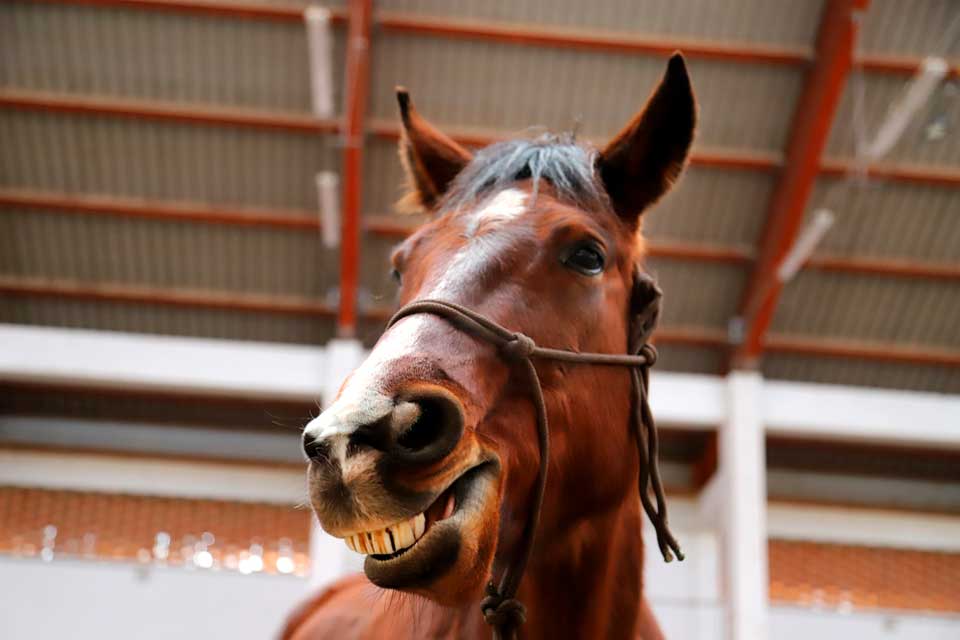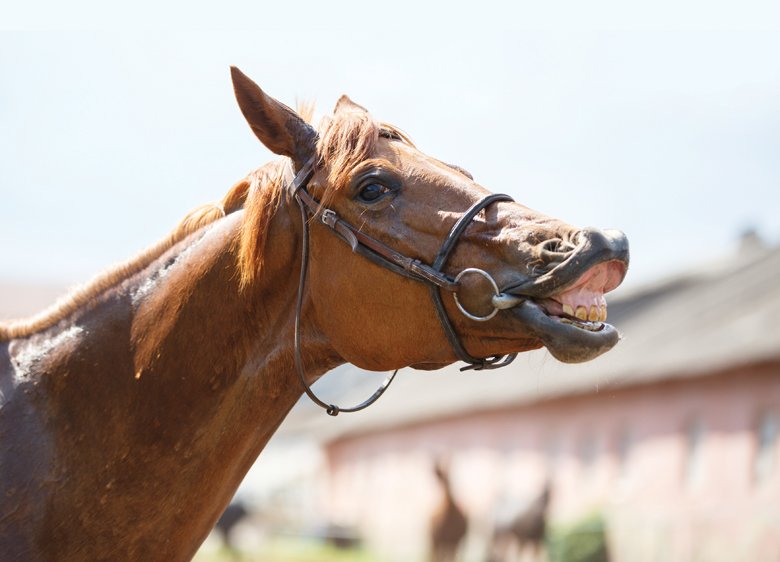When your horse wont chew hay, it can be a challenging concern for any equestrian enthusiast. Horses rely heavily on hay as a primary source of nutrition, and when they refuse to chew it, it may indicate underlying health issues or discomfort. It’s important to address this problem promptly to ensure your horse’s well-being and happiness.

Recognizing the Importance of Hay in a Horse’s Diet
Hay is a vital component of a horse’s diet, providing essential nutrients and fiber. It’s crucial for maintaining proper digestion and overall health. When a horse wont chew hay, it might be missing out on these important dietary benefits.
Why Hay Matters
Hay is rich in fiber, which is necessary for good digestive health. It helps keep the horse’s digestive system functioning smoothly and prevents issues like colic. Additionally, hay keeps a horse’s teeth in good condition by providing natural wear and tear.
Common Reasons a Horse Wont Chew Hay
There are several reasons why a horse might refuse to chew hay. Understanding these causes can help you address the issue effectively.
Dental Problems
One of the most common reasons a horse wont chew hay is dental issues. Horses’ teeth continuously grow, and without proper dental care, they can develop sharp points or uneven wear, making chewing difficult or painful. Regular dental check-ups are crucial. For more on this, check our dental exam guide.
Hay Quality
Poor-quality hay can be another reason. If the hay is too coarse, moldy, or unpalatable, a horse might refuse to chew it. Always ensure the hay is of good quality, free from contaminants, and stored properly.
Health Issues
Underlying health problems such as gastrointestinal discomfort or mouth ulcers may cause a horse to avoid chewing hay. It’s essential to consult a veterinarian if you suspect health issues.
Steps to Encourage Your Horse to Chew Hay
If your horse wont chew hay, there are several steps you can take to encourage them.
Regular Dental Check-Ups
Ensure your horse receives regular dental check-ups to prevent and address dental issues. A professional can float the teeth to smooth any sharp points. Learn more about mouth exams here.
Quality Hay Selection
Choose high-quality hay that is clean, fresh, and free from mold. Try different types of hay to see which your horse prefers. You can also moisten the hay slightly to make it more appealing.
Introduce Supplementary Feeds
If your horse continues to refuse hay, consider introducing supplementary feeds that provide necessary nutrients. Consult with an equine nutritionist to ensure a balanced diet. External resources like The Horse can provide further guidance.
Preventing Hay Chewing Issues in the Future
Preventative measures are essential to ensure your horse remains healthy and willing to chew hay.
Regular Veterinary Visits
Regular veterinary visits can help catch potential issues early. Your vet can provide tailored advice for your horse’s specific needs.
Monitoring Hay Intake
Keep a close eye on your horse’s hay intake. If you notice any changes in their eating habits, investigate the cause promptly.
Providing a Stress-Free Environment
Ensure your horse has a calm and comfortable environment to reduce stress, which can impact eating habits. A stable routine and peaceful surroundings are beneficial.
Conclusion
When a horse wont chew hay, it’s crucial to determine the underlying cause and address it promptly. By ensuring regular dental care, selecting quality hay, and maintaining a stress-free environment, you can help your horse regain its appetite for hay and enjoy a healthy, balanced diet.

FAQs
Why is my horse suddenly refusing to eat hay?
Your horse may be experiencing dental problems, poor hay quality, or underlying health issues. Consulting with a vet is recommended.
How often should my horse have a dental check-up?
It’s recommended that horses have dental check-ups at least once a year, though some may require more frequent visits.
Can I replace hay with other feeds?
While hay is an essential part of a horse’s diet, other feeds can supplement their nutrition if necessary. Always consult with a nutritionist before making dietary changes.
This article contains affiliate links. We may earn a commission at no extra cost to you.
